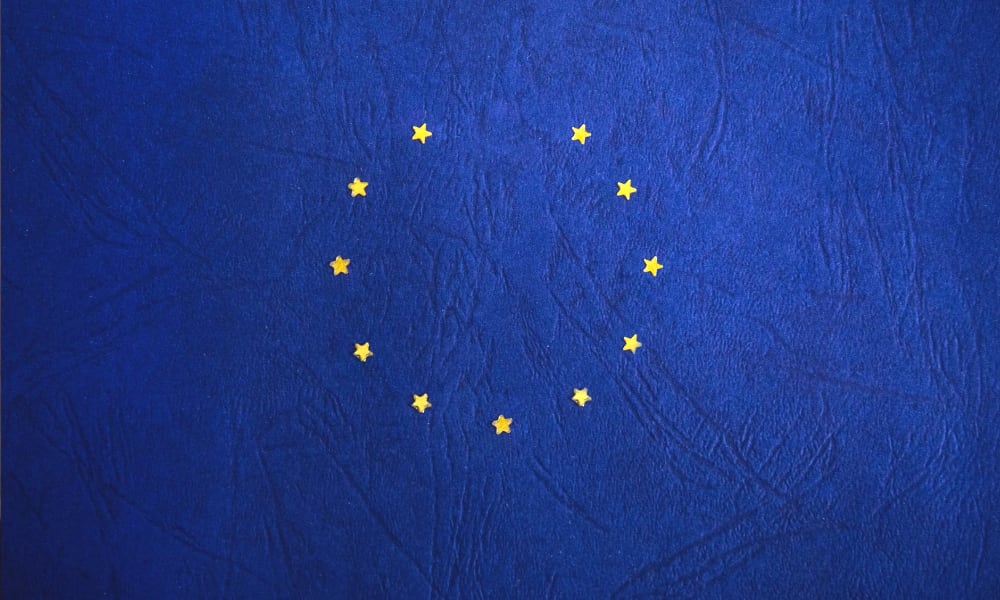Gender Equality in the European Union
Where Do We Stand?
M.A. in Political Science, European Union Policy Studies
The year 2019 coincides with an important institutional turning point for the European Union. This year the new European Commission (the executive authority of the European Union) will take office under the guidance of a German politician, and for the first time ever, a woman: Ursula von der Leyen. With the appointment of the new Commission, its Strategic Engagement for Gender Equality 2016-2019 is also coming to a conclusion. This leaves important questions regarding the role that gender equality policy will play in the post-Europe 2020 Strategy. In light of this incoming opportunity, the Presidency of the Council of the European Union, led by Finland, organized a high-level conference on gender equality in Helsinki. The conference discussed the links between gender equality and economic growth from different perspectives, including gender mainstreaming and gender-sensitive budgeting and investments. During the event, the European Institute for Gender Equality (Eige) presented a report on the progress of the Beijing Platform (an action program adopted during the fourth World Conference on Women of the UN in 1995) in Europe in the last five years. In the effort to take stock of the progress achieved so far and move forward, where do we stand in terms of gender equality in Europe?
Although the “new” European Union will have two women in top positions (Ursula von der Leyen as the President of the Commission and Christine Lagarde as the Director of the European Central Bank), women’s representation in the EU has not changed much in the past few years. As explained by the Eige’s Director, Viriginija Langbakk, “It is not a surprise, but a sad confirmation.”
Women in Europe continue to suffer from disproportionate structural and economic disadvantages. Currently, over seven million women are out of the market, at home, working for free or are employed in low-paid occupations (often with higher education levels than men).[1] These numbers point to a consistent lack of cultural and social progress. More should be done in order to fight gender stereotypes, promote girl's and women’s education and employment, not to mention streamline policies in order to reduce the persisting gender pay gap. Among the most pressing issues to address, the European Union must face the emergence of migrant and refugees’ women: one out of two are at risk of poverty and social exclusion, often facing unemployment or illegal and precarious working conditions. Furthermore, asylum seekers are at high risk of sexual violence. They are vulnerable not only in their countries of origin but also throughout their migration journey as well as the reception centers once they arrive in Europe. These are only a few examples of the many challenges that the European Union will need to address more consistently and effectively.
A positive step has been made with the appointment of Helena Dalli. She is the new commissioner in charge of the Equality Portfolio, she is responsible for the development of the new European Gender Strategy. During her parliamentary hearing, Commissioner Dalli pledged to tackle the gender pay gap within her first 100 days in office. She also pledged to unblock the Women on Boards Directive “by requiring that women should make up a minimum of 40 percent of boards in the private and public sectors”.[2] Moreover, she is committed to working with Member States and civil society to achieve the accession of the Istanbul Convention to combat violence against women, which is currently blocked in the EU Council by Bulgaria, Czech Republic, Hungary, Latvia, Lithuania, and the United Kingdom.
Although promising in its content, the Equality portfolio and the future of the European Gender Strategy might suffer from a still too narrow perspective. Tanya Cox, Director of Concord Europe, pointed this out and stated that “[b]y focusing on a limited number of economic rights (such as equal pay) and civic rights (such as anti-discrimination laws) ... She (Helena Dalli) risks reducing gender equality to easily identifiable ‘issues.’”[3] Instead, if serious about gender equality, President-elect von der Leyen, along with Commissioner Dalli and the entirety of the European Union, should work to enshrine a gender perspective in each and every European Union portfolio. Yet, as of now, most of them are exempt from any gender reference.
Anna Lavizzari is Instructor of The Political Institutions of the European Union for the JMU M.A. Program 'EU Policy Studies' in Florence. Currently, she is a research fellow at the Faculty of Political and Social Sciences, Scuola Normale Superiore, in Florence. She gained her Ph.D. in International Relations and M.A. in International Conflict and Security from the University of Kent, Brussels School of International Studies. Her research interests include international politics, social movements, and gender studies.
[1] https://ec.europa.eu/info/sites/info/files/aid_development_cooperation_fundamental_rights/annual_report_ge_2019_en_1.pdf
[2] https://euobserver.com/political/146149
[3] https://concordeurope.org/blog/2019/09/17/commission-designation-gender-reaction/
